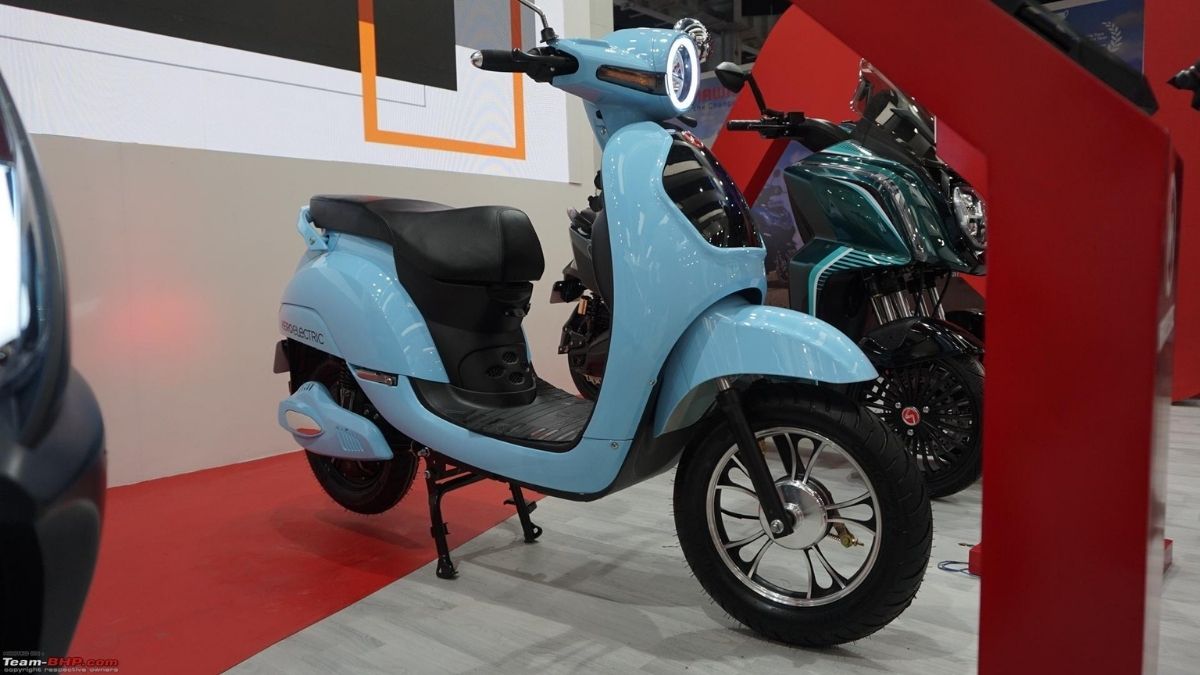Estimated reading time: 3 minutes
Boosting the Electric Vehicle Industry in Malaysia
The Malaysian government’s commitment to propelling the electric vehicle (EV) sector forward is poised to catalyze significant growth. Efforts aimed at bolstering local development and fostering widespread EV adoption are gaining momentum.
Financial Incentives for EV Adoption
Individual Income Tax Relief for EV Charging Facilities
As part of its strategy to encourage Malaysians to embrace EVs, the government intends to offer individual income tax relief of up to RM2,500 for four years towards EV charging facility expenses.
Tax Deductions for EV Leasing Costs
To further incentivize EV adoption among companies, tax deductions for EV leasing costs have been extended for an additional two years. Earlier this year, the government announced a tax deduction scheme for EV leases, capped at RM300,000 until December 31, 2025.
Optimism Among Industry Experts
Industry experts are optimistic about these developments. Datuk Dennis Chuah, President of the Electric Vehicle Association of Malaysia, believes that such initiatives will pave the way for a smooth transition from internal combustion engine vehicles to EVs. He asserts that Malaysia’s policies position it favorably in the global context of EV adoption.
Creating a Conducive Environment for Growth
Tax Exemptions and Incentives
The government’s measures include tax exemptions for locally assembled EVs and the import of EV components until December 31, 2027. Additionally, import and excise duty exemptions for fully imported EVs are in effect until December 31, 2025, further bolstering industry development.
Chuah underscores the global commitment to reducing carbon footprints, noting Malaysia’s focus on curbing petrol usage. With the rise in EV adoption, a decline in petrol consumption is anticipated, leading to reduced subsidies and aiding carbon emission reduction efforts.
The Need for Diversified Options
While acknowledging the progress, Chuah highlights the limited variety of EVs available to consumers. However, he anticipates that the initiatives outlined in Budget 2024 will attract more automotive companies to enter the market, expanding the range of electric vehicles.
Surging Growth in the EV Market
Yamin Vong, a seasoned automotive industry journalist, points out the remarkable growth in Malaysia’s EV market. From merely three EV models in 2019, the market has expanded to include 25 models, including EV commercial vans, by 2023. Vong sees the introduction of new incentives as a positive step forward for the industry.
Conclusion
With government incentives and supportive policies, Malaysia’s electric vehicle sector is poised for robust growth. The ongoing efforts to incentivize EV adoption, coupled with a conducive regulatory environment, are driving Malaysia towards a cleaner and more sustainable transportation future.





















Leave feedback about this